Featured Insight

Create Impact
All Articles
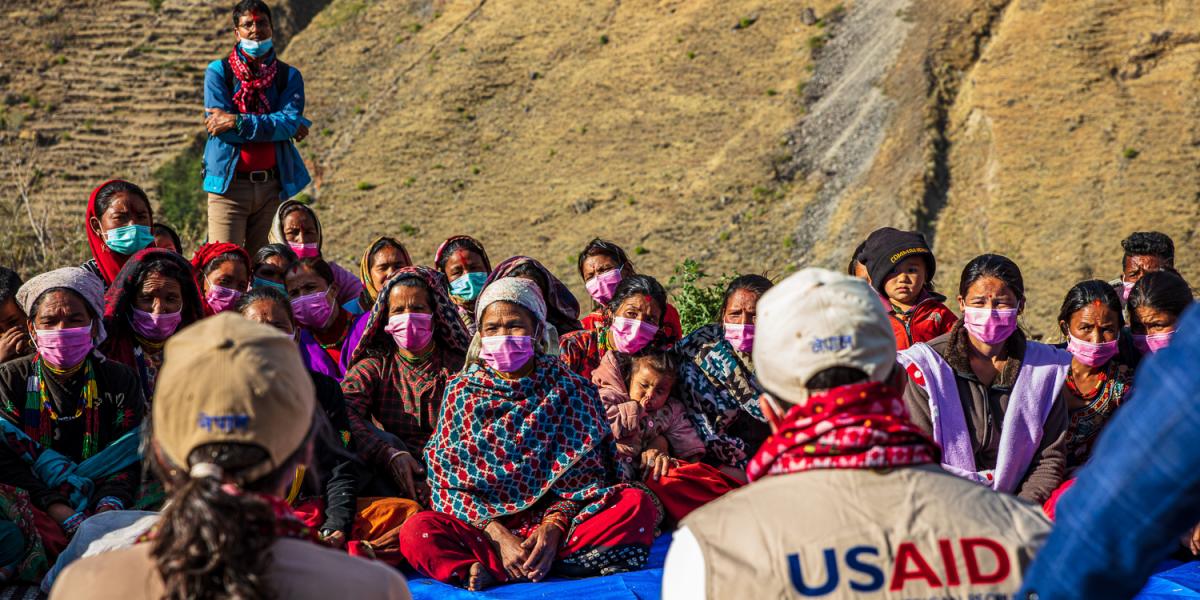
Accelerating Progress with Gender Equality and Inclusive Development Analysis
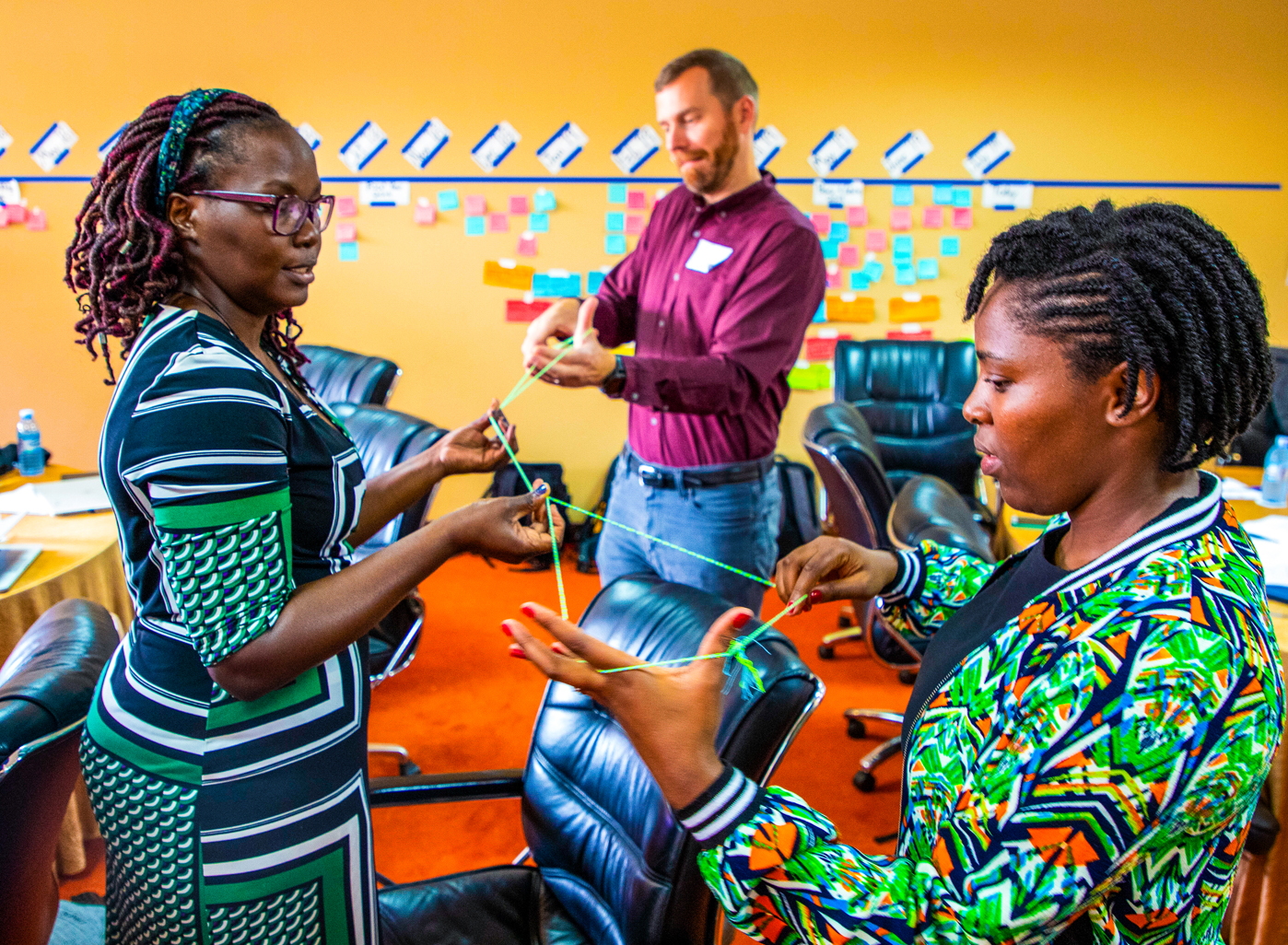
Small Business as Partners in USAID’s Localization Commitments

Supporting Locally Led Development Through Environmental Compliance
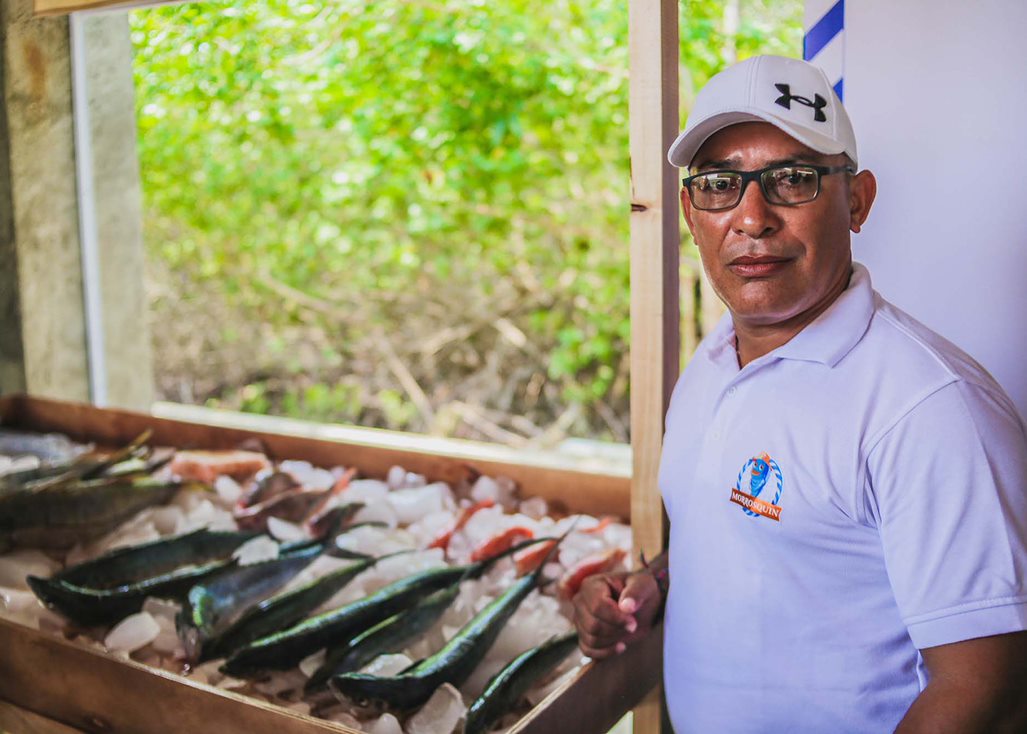
Navigating Market Systems: A Conversation with ACDI/VOCA’s Luca Crudeli

Expanding Our Impact Through New Partnerships with USAID

5 Minutes with Nav Bhattarai

Lessons for Navigating Organizational Change
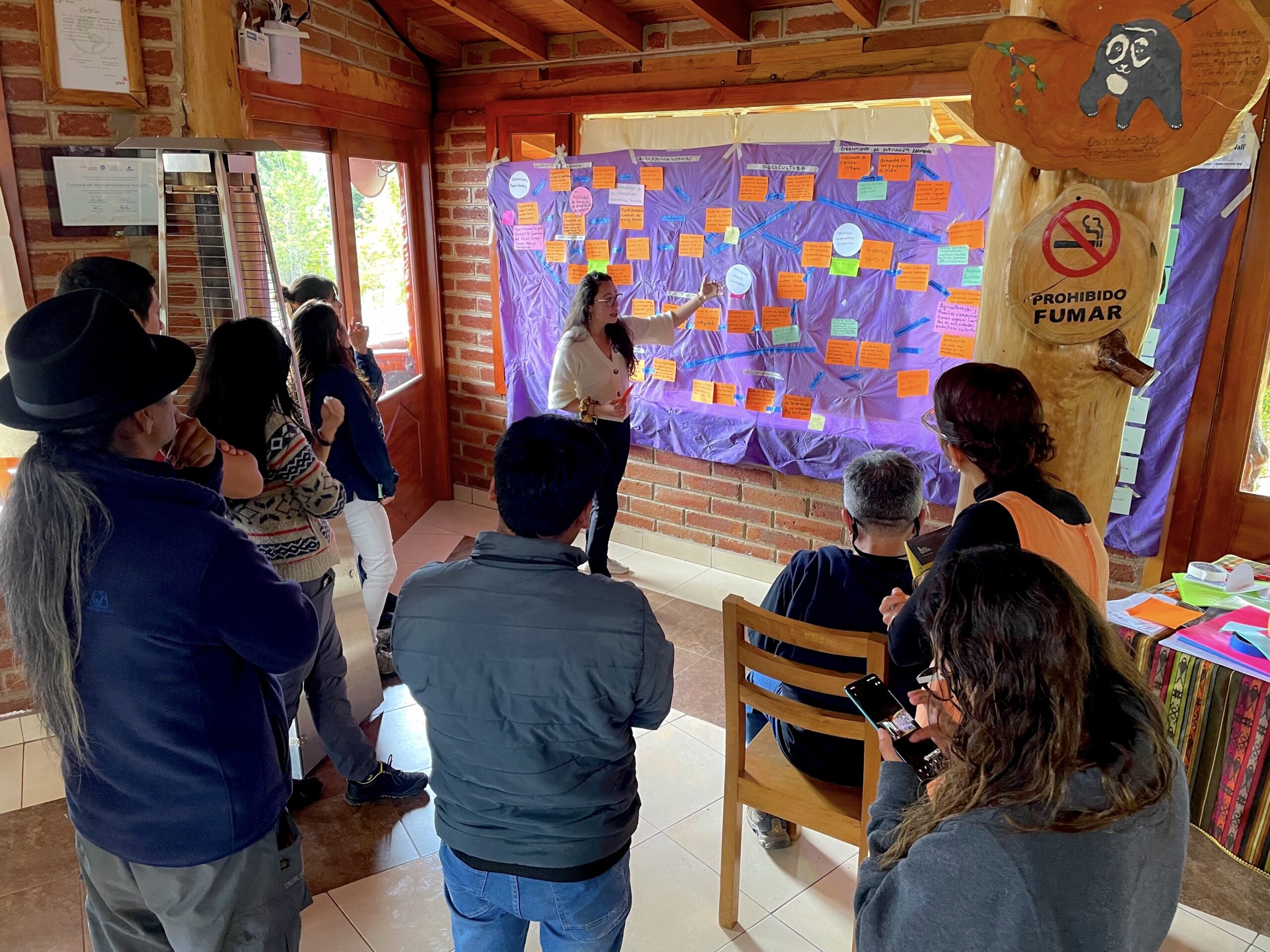
Collaboration at the Speed of Trust—Lessons in Localization
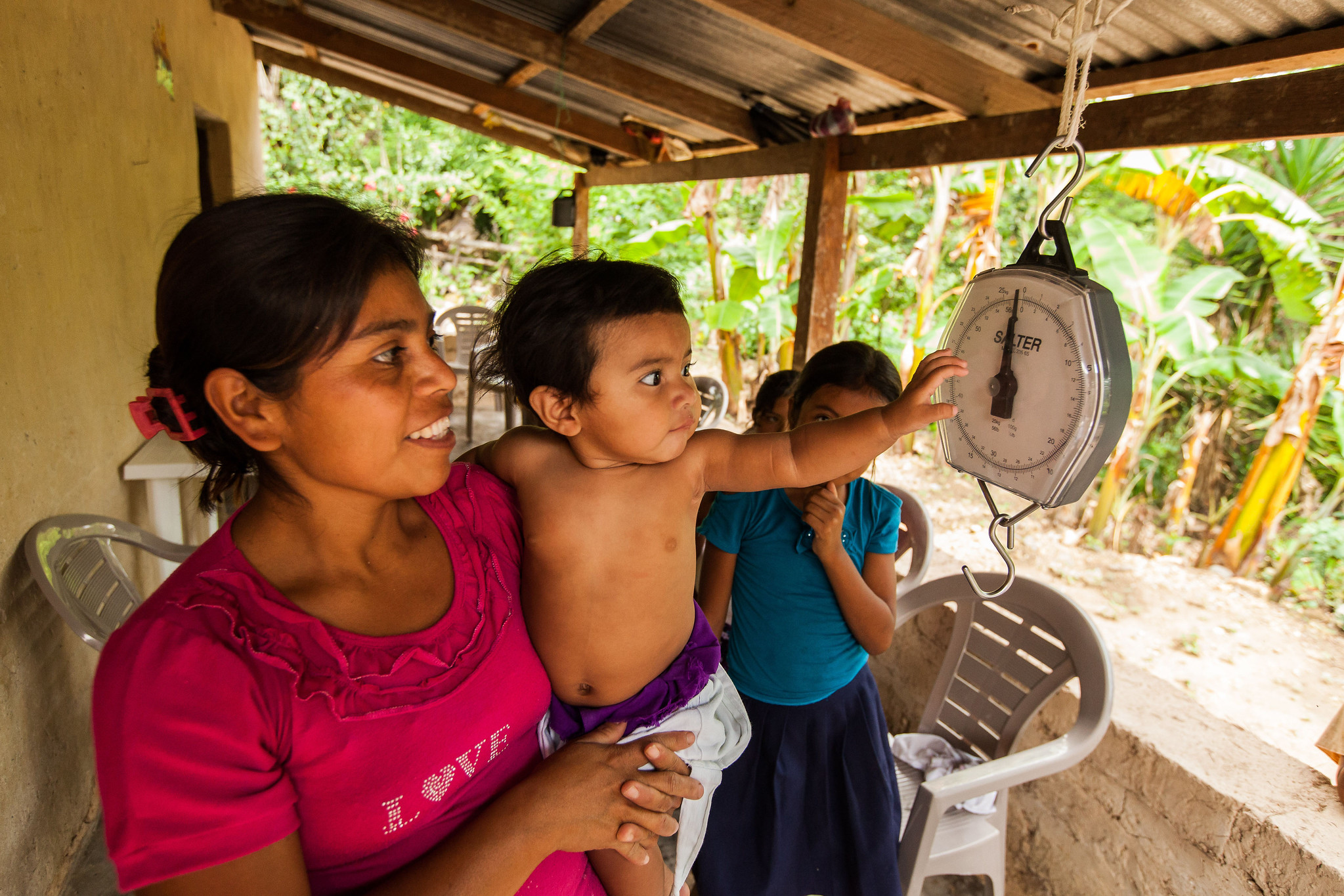
Together We Can Address Biases in Data for Better Decision Making

We can co-create lasting change.
We help our partners improve the performance of conservation and development programs.
Partner With Us